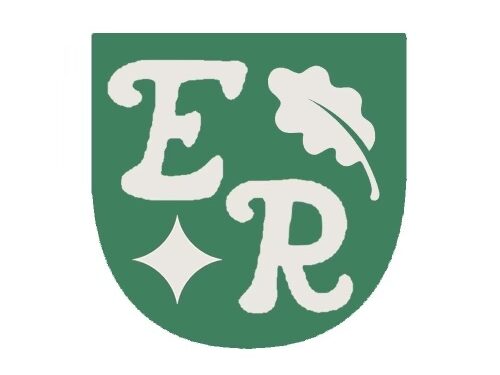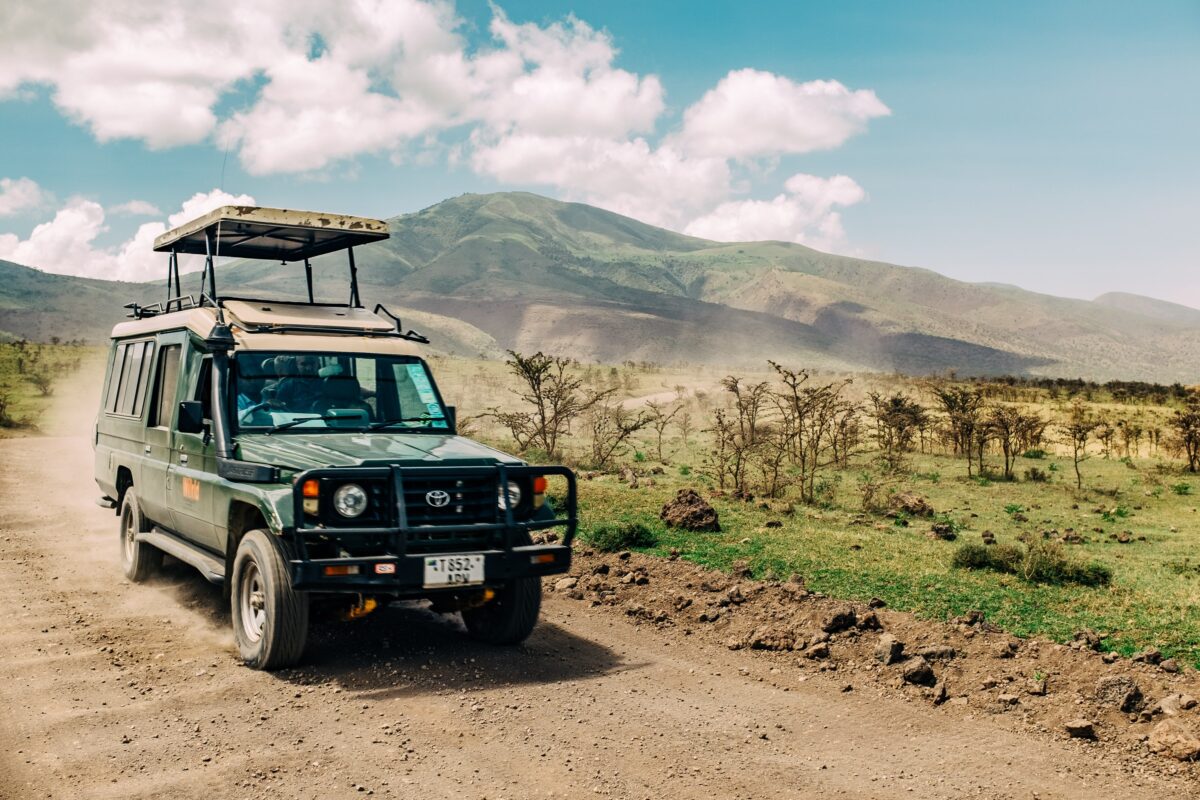With threats such as climate change, habitat destruction, and illegal poaching and trade, protecting wildlife is challenging enough. Wildlife tourism, which refers to the observation of and interaction with plant and animal life in their natural habitats, has struggled to protect its most vulnerable populations—both animal and human. The COVID-19 pandemic has introduced new stresses: lockdowns, travel paralysis, and economic decline. Wildlife tourism supported 21.8 million jobs worldwide in 2018, so this virus-induced stagnation could prove a detrimental blow to the industry.
Travel and tourism play an important role in the economy, with wildlife tourism making up 0.4% of global GDP (US$343.6 billion) in 2018. The revenue from wildlife tourism serves two main purposes: 1) providing an economic incentive to protect endangered species and their habitats and 2) generating income for rural communities. However, the World Travel and Tourism Council (WTTC) speculated in April 2020 that the Travel and Tourism sector would see a loss of 100 million jobs due to the COVID-19 pandemic.
According to the United Nations Development Programme (UNDP), COVID-19 is a “health crisis as well as an assault on human behavioral norms, movement, tourism, and conservation efforts.” Communities that have experienced a loss of livelihoods have already seen an increase in poaching due to food and financial shortages. Furthermore, the presence of law enforcement has decreased in some wildlife protection areas as a result of pandemic-related lay-offs, which have led to increased illegal activity.
Although wildlife tourism destinations are struggling during the pandemic, there are steps being taken to preserve these areas and support their vital staff.
One such initiative is The Lion’s Share’s COVID Emergency Grants. The Lion’s Share partners with businesses worldwide, allowing them to use an image of an animal—real, cartoon, or computer-generated—in an advertisement in return for a percentage of the profit. On September 8, 2020, The Lion’s Share announced $400,000 in grants for communities that are dependent on wildlife-based tourism and later awarded grants to 40 of the 1600 non-profit organizations that applied. The UNDP Administrator stated that these selected projects highlight the “most common threats facing communities during the pandemic”: the loss of jobs and income, increased poaching and overfishing, and increased habitat destruction. The Lion’s Share has pledged to continue to raise up to $3 million to fund these projects. Midori Paxton, the UNDP Head of Ecosystem and Biodiversity, said these funds are a start but “much more needs to be done.”
Another initiative to help vulnerable wildlife conservation projects is Prints for Wildlife, a fundraising campaign put together by more than 60 wildlife photographers to aid the parks managed by the conservation non-profit African Parks. The fundraiser launched in late July 2020 and ran through August 2020. During this month-long window, people could pay $100 for access to a selection of over 100 prints from acclaimed wildlife photographers. After printing and handling, 100% of the profits were donated to 18 African parks in 11 countries. As African Parks protects both vulnerable species and communities that depend on wildlife tourism, Prints for Wildlife was a necessary boost for their continued protection.
On the other hand, some conservation projects have adapted to a loss of income in another fashion: going virtual. Internet of Elephants, a social enterprise based in Kenya and the United States, partnered with the Borneo Nature Foundation and Goualougo Triangle Ape Project to go “viral” with its newly launched flagship mobile game Wildverse. According to Internet of Elephants, Wildverse is “based on real animals living in the wild today, and the people trying to protect them.” The augmented reality app introduces players to four primates and researchers who study them, teaching them about the animals’ diets, behaviors, and health among other topics. The game hopes to encourage pro-environmental behaviors and in its next update will allow players to connect to local nature and conservation activities as well as donate to the app’s conservation partners.
While these projects help mitigate the immediate threat of financial ruin in some critical areas, they are not worldwide and cannot sustain wildlife tourism destinations indefinitely. In a 2020 study on conserving Africa’s wildlife and wildlands through the COVID-19 crisis and beyond, experts argued that the international community must intervene in peripheral countries to provide crisis funding. Ultimately, there must be an effort from the governments of both the Global North and South to reform their relationships with conservation.
The Global South relies heavily on wildlife tourism for income in some regions, but it must stray from its traditional ad hoc funding streams and turn to more sustainable long-term sources. Meanwhile, the Global North must increase its contributions to conservation; it often reaps the benefits of wildlife tourism without sharing the costs. For example, wildlife tourism provides the Global North with environmental education, carbon sinks, and an estimated 55% of the industry’s gross revenue, among numerous other benefits. Though countries in the Global South benefit from tourism, they are also required to deal with the active and passive costs of maintaining protected areas, as these costs are defined by national borders. For many countries, the designation of land for conservation rather than agriculture or infrastructure is uneconomical and puts undue financial pressure on the area’s communities. Since the Global North is not obligated to internalize these costs, the Global South is left to its own devices. If imminent action is not taken, the threat of another zoonotic epidemic will increase, and along with it, the chances that individual conservation efforts will have to fend for themselves again.
Sources:
African Parks. (n.d.). Retrieved October 09, 2020, from https://www.africanparks.org/
Balmford, A., & Whitten, T. (2003, April). Who should pay for tropical conservation, and how could the costs be met? Retrieved October 13, 2020, from https://www.cambridge.org/core/services/aop-cambridge-core/content/view/A122222C00200469652E2807CA6E682C/S0030605303000413a.pdf/who_should_pay_for_tropical_conservation_and_how_could_the_costs_be_met.pdf
Dunn, T. (n.d.). Wildeverse: Measuring the impact of online gaming on pro-environmental behaviours. Retrieved October 09, 2020, from https://www.iccs.org.uk/project/wildeverse-measuring-impact-online-gaming-pro-environmental-behaviours
Ghosal, A. (2020, June 22). Coronavirus lockdowns increase poaching in Asia, Africa. Retrieved October 09, 2020, from https://apnews.com/article/9df0cc21045578ad86696bc05721c706
Great Ape Survival Partnership. (2020, May 11). Great ape awareness goes viral: UN-GRASP. Retrieved October 09, 2020, from https://www.un-grasp.org/great-ape-awareness-goes-viral/
Internet of Elephants. Wildeverse, a mobile game for wildlife. Retrieved October 09, 2020, from https://www.internetofelephants.com/wildeverse
Lindsey, P., Allan, J., Brehony, P., Dickman, A., Robson, A., Begg, C., . . . Tyrrell, P. (2020, July 29). Conserving Africa’s wildlife and wildlands through the COVID-19 crisis and beyond. Retrieved October 09, 2020, from https://www.nature.com/articles/s41559-020-1275-6
Manzo, G. G. (2019, August). Retrieved October 12, 2020, from https://travesiasdigital.com/wp-content/uploads/2019/08/The-Economic-Impact-of-Global-Wildlife-Tourism-Final-19.pdf
Nash, J. (2001, April 1). Eco-Tourism: Encouraging Conservation or Adding to Exploitation? Retrieved October 14, 2020, from https://www.prb.org/ecotourismencouragingconservationoraddingtoexploitation/
News Article: World Travel & Tourism Council (WTTC). (2020, April 24). Retrieved October 09, 2020, from https://wttc.org/News-Article/WTTC-now-estimates-over-100-million-jobs-losses-in-the-Travel-
Paxton, M., & Replication-Receiver. (2020, April 22). The coronavirus threat to wildlife tourism and conservation. Retrieved October 09, 2020, from https://www.undp.org/content/undp/en/home/blog/2020/the-coronavirus-threat-to-wildlife-tourism-and-conservation.html
Prints for Wildlife. (n.d.). Retrieved October 09, 2020, from https://www.printsforwildlife.org/
UNDP. (2020, September 8). The Lion’s Share. Retrieved October 09, 2020, from https://www.thelionssharefund.com/content/thelionssharefund/en/home/news/the-lions-share-provides-lifeline-to-wildlife-tourism-communities.html

